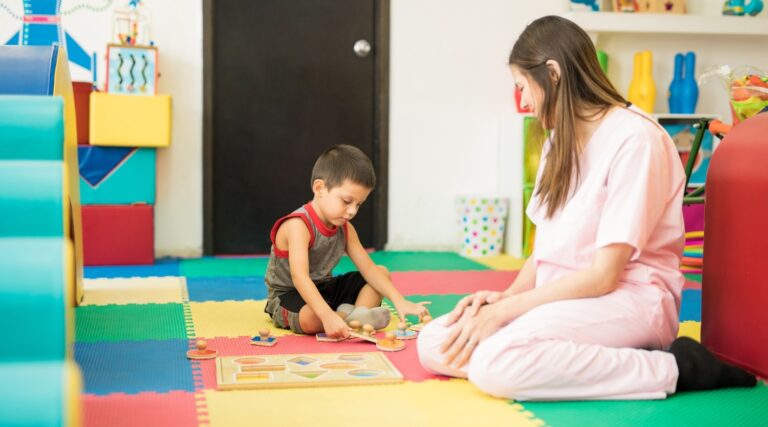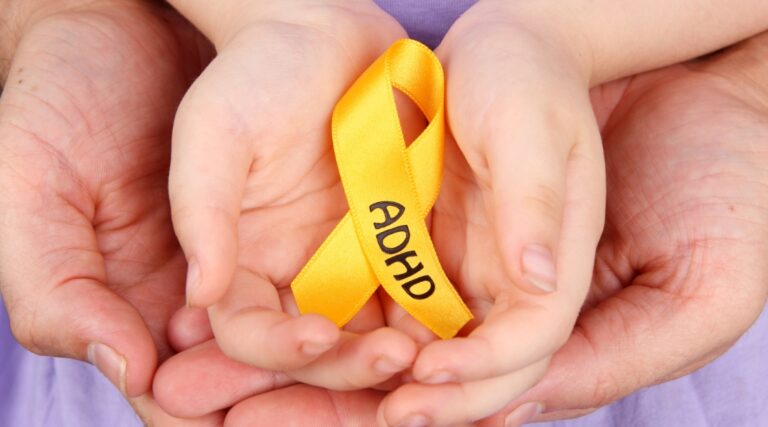The Role of Play in Developing Children’s Executive Function Skills
Executive function skills are a set of mental skills that help children focus attention, control impulses, and organise and plan tasks. These skills are crucial for success in school and in life and play a significant role in a child’s overall development. Play, especially unstructured play, plays a vital role in developing these executive function skills. Here’s how:
Developing Self-Control
Play allows children to practice self-control by following rules, taking turns, and managing their impulses. These experiences help strengthen the brain’s ability to regulate behaviour.
Improving Working Memory
Working memory is the ability to hold and manipulate information in the mind. Play activities that require children to remember and follow multi-step instructions help improve their working memory.
Enhancing Flexibility and Adaptability
Play encourages children to be flexible and adaptable in their thinking and actions. They learn to adjust their strategies and responses based on changing circumstances, which is an important executive function skill.
Promoting Planning and Organisation
Play often involves planning and organising tasks, such as building a fort or creating a pretend scenario. These activities help children develop skills in planning and organization.
Encouraging Problem-Solving Skills
Play presents children with challenges that require them to come up with creative solutions. This helps develop their problem-solving skills, which are essential for executive function.
Building Emotional Regulation
Play allows children to explore and express a range of emotions in a safe environment. This helps them learn to regulate their emotions and manage stress, which are important aspects of executive function.
Strengthening Attention and Focus
Play activities that require sustained attention, such as building with blocks or completing a puzzle, help strengthen children’s attention and focus.
Promoting Social Skills
Play encourages children to interact with others, negotiate, and collaborate. These social interactions help develop their social skills, which are closely linked to executive function.
Encouraging Risk-Taking and Resilience
Play allows children to take risks and learn from failures, which helps build resilience and the ability to bounce back from setbacks.
Fostering Creativity and Imagination
Play stimulates creativity and imagination, which are important for developing innovative thinking and problem-solving skills.
Incorporating play-based activities into our curriculum at Northmead Whiz Kidz can help children develop these crucial executive function skills in a fun and engaging way. By providing children with ample opportunities for play, the educators at Whiz Kidz Northmead support their overall development and prepare them for success in school and in life.







